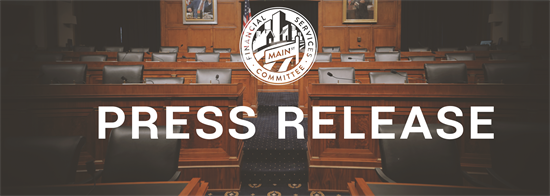Evaluating the Effectiveness of U.S. Sanctions Programs
Washington,
November 30, 2017
The Monetary Policy and Trade Subcommittee held a hearing today to examine the Administration’s use of economic sanctions to achieve foreign policy objectives and their effectiveness. “From Iran to North Korea, to Russia and Venezuela, sanctions are increasingly used as an instrument in our foreign policy toolkit, and Congress must ensure that they are achieving results,” said Subcommittee Chairman Andy Barr (R-KY). “I greatly appreciate the testimony of our witnesses today and I look forward to working with them so that our sanctions programs are coherent, realistic, and impactful.” Key Takeaways
Topline Quotes for Witnesses “There are several reasons why sanctions are effective tools. First, we employ these tools against the backdrop of an international financial system that is increasingly attuned to the threats posed by illicit finance, and one that is better able to identify and counter illicit activity. … Separately, financial institutions around the world routinely voluntarily screen their customers and transactions against the U.S. sanctions list, which is widely considered to be a key resource for combating illicit finance. … Further, as a preventative measure, our partners frequently address a wide range of threats before they ever reach the U.S. financial system.” -- The Honorable Marshall Billingslea, Assistant Secretary for Terrorist Financing, U.S. Department of the Treasury “When deployed strategically and with precision, sanctions are a highly effective way of pressuring regimes and malign actors to change their behavior. These regimes and actors ultimately rely on funding to operate and to carry out their activities, and our sanctions are high-impact. By freezing the assets of illicit actors, cutting them off from the U.S. financial system, and restricting their ability to interface with the international financial system, the choice to them becomes clear: either modify your behavior or accept the isolation and negative economic effects of remaining on our financial blacklist.” -- John E. Smith, Director, Office of Foreign Assets Control, U.S. Department of the Treasury |


